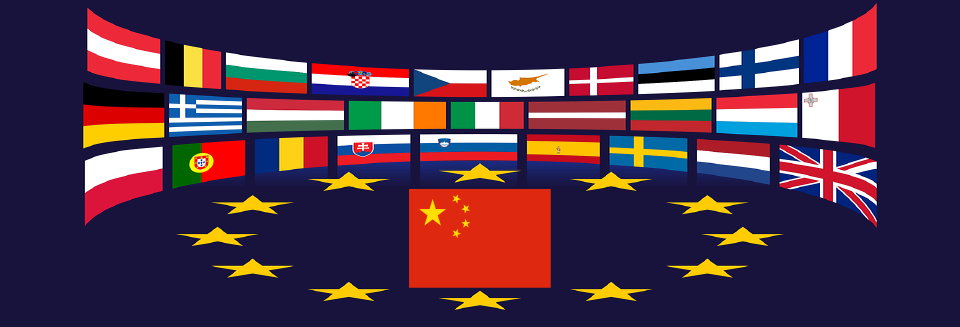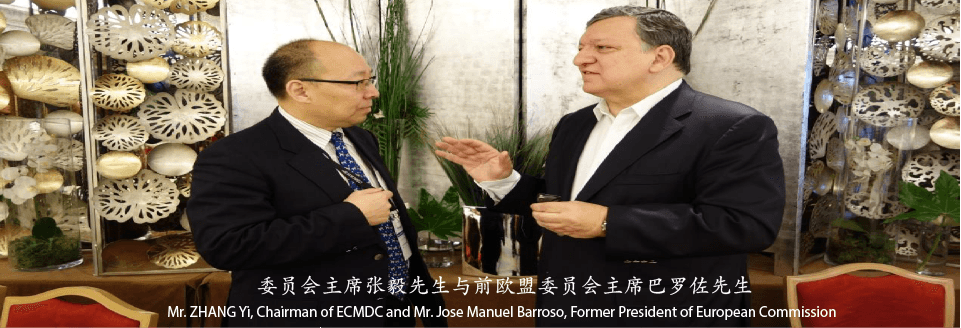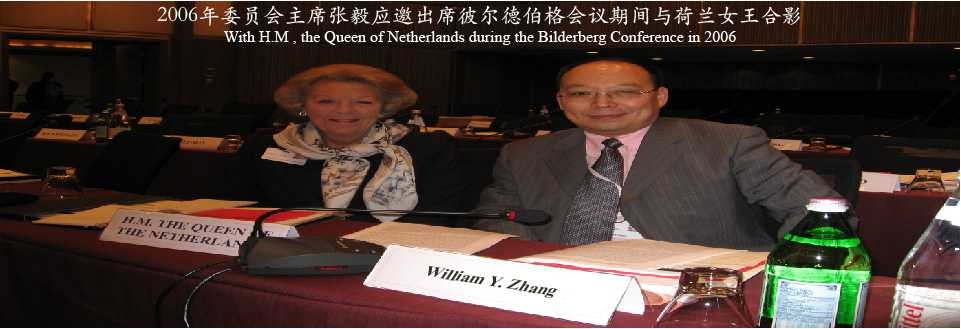State of the Union 2016: Strengthening European Investments for jobs and growth
2016-09-14
Strasbourg, 14 September 2016
"Europe must invest strongly in its youth, in its jobseekers, in its start-ups. The €315 billion Investment Plan for Europe has already raised €116 billion in investments in its first year of operation. And now we are going to take it global." – President Juncker, State of the Union 2016
On the occasion of President Juncker's 2016 State of the Union address, the Commission today set out how it plans to further boost investment to support jobs and sustainable growth, both in Europe and globally. The Commission proposes
to extend its successful European Fund for Strategic Investments, at the heart of its Investment Plan for Europe, to increase its firepower and reinforce its strengths; and
to set up a new European External Investment Plan (EIP) to encourage investment in Africa and the EU Neighbourhood to strengthen our partnerships and contribute to achieve the Sustainable Development Goals.
High Representative of the Union for Foreign Affairs and Security Policy/Vice-President of the Commission, Federica Mogherini, said: "If we look at the Middle East and Africa, we see regions with a huge potential that is being held back by war, poverty, the lack of infrastructure, and weak governance. Our European Union is already the first donor worldwide: we invest more in development cooperation than the rest of the world combined. But we also know that public resources cannot be sufficient if we want to untap this huge potential and achieve the sustainable development goals. European firms are already creating jobs and growth in our entire neighbourhood and in Africa, for the benefit of our partners and of the European citizens. While creating the conditions for Europeans to expand their business and move into new countries, the new External Investment Plan will support our partners' economies and societies, as well as our strategic foreign policy goals, from security to global development."
Vice-President Kristalina Georgieva, responsible for Budget and Human Resources, said: "At a time of growing needs and shrinking resources, the EU has to come up with new ways to make public funding stretch further. We’ve done so again today, using the power of the EU budget to trigger investment that will create more jobs in Europe and tackle the root causes of migration abroad."
Vice-President Jyrki Katainen, responsible for Jobs, Growth, Investment and Competitiveness, said: "The Investment Plan for Europe has proven itself to be a success. We are providing additional financing for innovative projects and SMEs under theEuropean Fund for Strategic Investments; we are helping businesses prepare funding applications through the Advisory Hub; we are letting investors worldwide know what investment opportunities exist in Europe through the Project Portal; and we are bringing down barriers to investment through the Capital Markets Union and other EU initiatives. I am very satisfied with the Investment Plan's results so far and I look forward to discussing our new proposal with Members of the European Parliament and Member States in the weeks to come."
I. The Investment Plan for Europe
After a successful first year, the European Fund for Strategic Investments (EFSI) – the heart of the Investment Plan – is already expected to mobilise EUR 116 billion across 26 Member States, benefiting more than 200,000 small and medium-sized enterprises (SMEs).
Given the success of the plan so far and its encouraging signals to sustainably increase low investment levels in Europe, the Commission is committed to doubling the EFSI, in terms of duration and financial capacity, providing the necessary certainty to promoters and allowing for it to be continued in the future.
Today the Commission presents a legal extension that would bring the initial three-year period (2015-2018) with a target of EUR 315 billion to at least half a trillion euro investments by 2020, the end of the current Multiannual Financial Framework. To enhance the firepower of the EFSI even further and to reach the aim of doubling the investment target, the Commission calls on Member States to also contribute. For the period after 2020, the Commission intends to put forward proposals to ensure that strategic investment will continue at a sustainable level.
The Commission also wants to stress the importance of additionality by mobilising an even greater amount of private financing. EFSI2.0 will put the focus on financing more
cross-border and sustainable projects, linking the EFSI to the ambitious targets from COP21 climate deal. And the Commission proposes to increase transparency even further by detailing exactly why each project was chosen and how it meets the criteria set out in the EFSI Regulation, proving its "additionalilty".
To improve the EFSI further, the Commission plans to address the issue of geographical coverage by placing stronger emphasis on providing local, technical assistance in the Member States to those who wish to bid for funding. It also proposes to further simplify the combination of EFSI funding applications with other funding sources in the EU, such as the European Structural and Investment (ESI) funds.
Given its success, the EFSI SME window was scaled up already in July 2016 by transferring EUR 500 million of the EU guarantee from the Infrastructure and Innovation window. Furthermore, the Commission proposes to reinforce the social dimension of the EFSI by increasing the total amount of financial instruments in support of social enterprises and microfinance from EUR 193 million to EUR 1 billion, which is expected to mobilise almost EUR 3 billion in overall investment.
II. The European External Investment Plan
The Commission also announces today a new European External Investment Plan (EIP). The instrument will allow for the boosting of investments in Africa and EU Neighbourhood countries, in particular to support social and economic infrastructure and SMEs, by addressing obstacles to private investment. With an input of EUR 3.35 billion from the EU budget and the European Development Fund, the EIP will support innovative guarantees and similar instruments in support of private investment, enabling the EIP to mobilise up to EUR 44 billion of investments. If Member States and other partners match the EU's contribution, the total amount could reach EUR 88 billion.
By unlocking investments in partner countries, the EIP will contribute to implementing the 2030 Agenda on Sustainable Development Goals and the Addis Agenda on Financing for Development. It will also provide a key contribution to addressing the root causes of migration, reinforcing our partnerships and looking at the long term drivers behind the large movements of population.
The EIP consists of three complementary pillars:
Mobilising investment by combining existing investment facilities with a new guarantee within the new European Fund for Sustainable Development (EFSD).The EFSD will be composed of two regional investment platforms for Africa and the Neighbourhood.
Stepping up technical assistance for broader policy environment to support public authorities and companies in partner countries. The aim is to help them to better prepare and promote projects and attract more investment.
Improving the general business environment by fostering good governance, fighting corruption, removing barriers to investment and market distortions.
In addition, the European Investment Bank (EIB)'s lending operations form an integral part of the EIP. For this purpose, the Commission will expand the EU budget guarantee under the EIB External Lending Mandate by a total of EUR 5.3 billion. In total, the EIB will thus lend up to EUR 32.3 billion under the EU guarantee between 2014 and 2020.
The EIP offers an integrated framework enabling full cooperation among the EU, Member States, partner countries, international financial institutions, donors and the private sector. It will improve the way in which scarce public funds are used and the way public authorities and private investors work together on investment projects.
Through the EIP the EU will take a further step to contribute to the global architecture for development and management of migration, the two themes that will be at the centre of the discussion during the upcoming UN General Assembly.
Background
Since November 2014, the Commission has mobilised significant EU financial resources in an innovative way that maximises the impact of public funds and mobilises private investment. Sustainable investment, in particular in infrastructure and small and medium-sized companies, has been at the centre of its political action, notably through a more efficient use of the limited resources of the EU budget, accompanied by measures improving the general business environment. Outside the EU, this new approach will also be useful to address the multiple challenges both in the EU Neighbourhood and in Africa.
The Investment Plan for Europe consists of three pillars. First, the European Fund for Strategic Investments which provides an EU guarantee to mobilise private investment. Second, the European Investment Advisory Hub and the European Investment Project Portal which help investment projects reach the real economy by providing technical assistance and greater visibility of investment opportunities. Third, removing regulatory barriers to investment both nationally and at EU level.
The European Investment Advisory Hub was launched on 1 September 2015. Project promoters, public authorities and private companies can receive technical support to help get their projects off the ground, make them investment-ready. They can get advice on suitable funding sources, and access a unique range of technical and financial expertise. In order to provide investors with more visibility of what investment opportunities exist in the EU, the Commission created theEuropean Investment Project Portal, which went live on 1 June 2016. Project promoters can submit their projects online, where they are matched with relevant investment opportunities – a kind of match-making service.
As for removing barriers to investment, the Commission has already tabled concrete initiatives to help support investment and facilitate the financing of the real economy, such as lowering capital charges for insurance and reinsurance companies as regards infrastructure investments. In addition, the Energy Union, the Capital Markets Union, the Single Market and the Digital Single Market Strategies, as well as the Circular Economy package all contain specific measures that will remove barriers, promote innovation and further improve the environment for investment, if fully implemented. Moreover, Member States must continue to implement the necessary reforms to remove obstacles to investment identified in the context of the European Semester in areas such insolvency, public procurement, judicial systems and the efficiency of public administration or sector-specific regulations.
Investment is also a key factor in transforming development policy and assistance in order to better support achieving the Sustainable Development Goals, and address the multiple challenges faced in both the EU's Neighbourhood and Africa. Smart and sustainable investment can play an essential role in boosting jobs and growth in developing countries, bringing in more stability and improving conditions on the ground in fragile countries affected by conflict.
Some of the main challenges for developing countries remain achieving inclusive and sustainable growth and employment. As regards foreign direct investment (FDI) going to developing countries, only 6% goes to fragile countries[1], pushing down the investment per capita to a level almost five times lower than in other developing countries. Similarly, the cost to start a business is almost three times higher in fragile countries than in non-fragile countries. Growth in Africa has slowed to the weakest levels since 2009, notwithstanding continued demographic growth. Combined with significant security issues, this trend exacerbates poverty.
In recent years, the EU has worked to address the most urgent needs of migrants and refugees from Africa and the EU Neighbourhood. The EU also supports host communities in partner countries.
On 7 June 2016, the European Commission adopted a Communication establishing a new Partnership Framework with third countries under the European Agenda on Migration, through which the EU has significantly increased its support to partner countries for managing migration and refugees. The launch and rapid deployment of the initial €1.8 billion EU Emergency Trust Fund for Africa is a tangible example. To date, projects worth around €930 million have been approved under the Trust Fund and the first ones have started to be implemented on the ground. Projects range from improving capacities to better manage migrant and refugee flows, to more long-term support addressing resilience, stability and job creation with a particular focus on youth.
Another example is the EU Regional Trust Fund in Response to the Syrian Crisis. The Fund provides for a more coherent, faster and integrated EU response to the crisis by merging various EU financial instruments and contributions from Member States into one single flexible and quick mechanism with a target volume of €1 billion, primarily longer-term resilience needs of Syrian refugees in Neighbourhood countries, as well as supporting host communities and their administrations. The Fund has now reached a total volume of €733 million.
The Sustainable Development Goals are part of the UN 2030 Agenda for Sustainable Development, of which the Addis Ababa Action Agenda on Financing for Development is an essential part. In Addis, the international community acknowledged that for development efforts to take hold, Official development Assistance (ODA) would have to be complemented by changes in countries practices (i.a. domestic resource mobilisation) and global practices (also in order to generate investments and to promote affordable and stable access to credit). These changes are required so that the international community can support partner countries in tackling economic, social, and environmental challenges.





